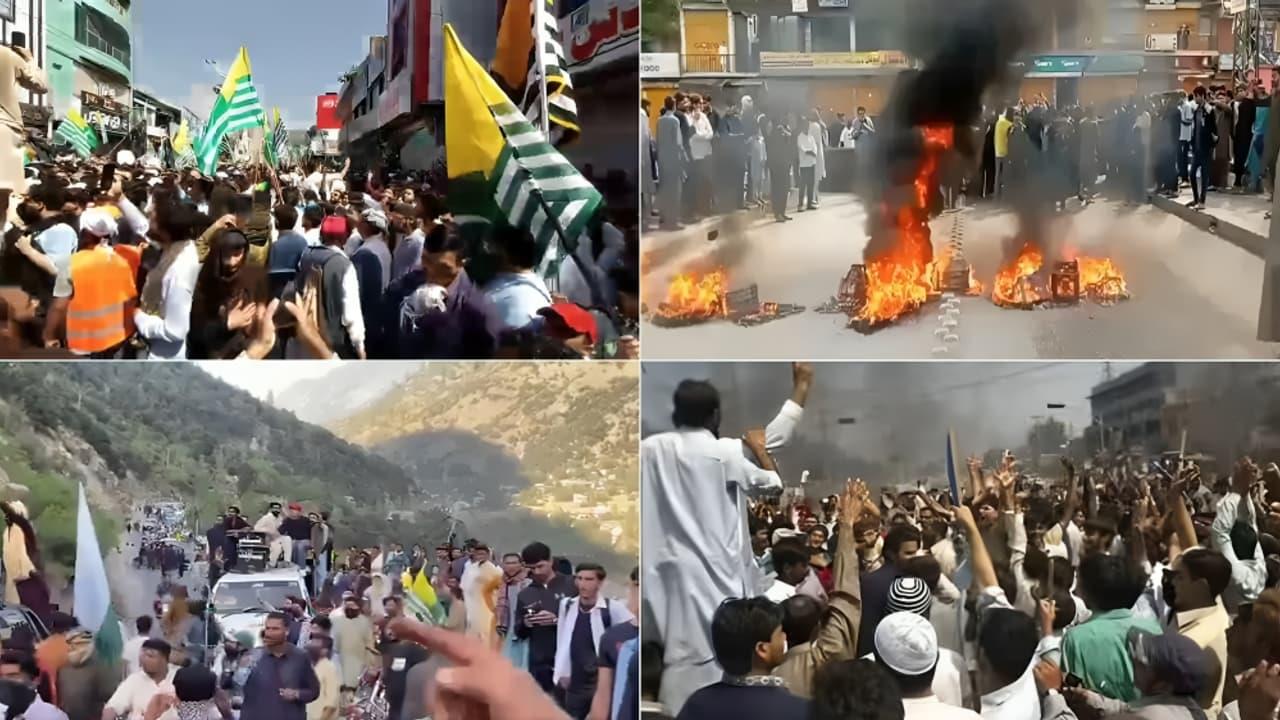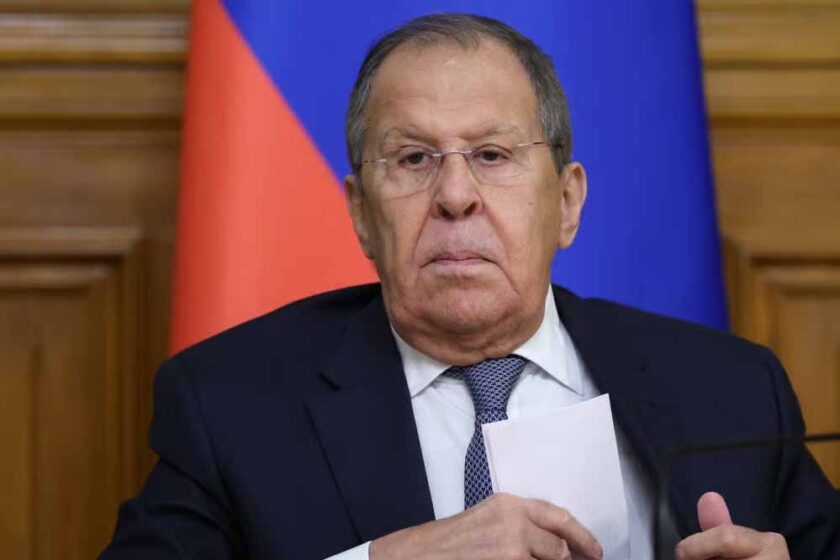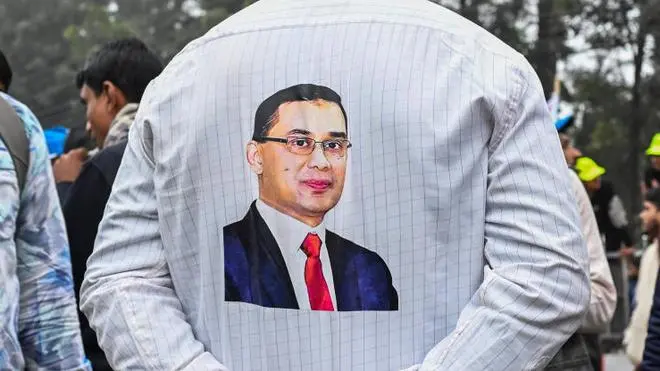New Delhi: India has reacted strongly to the ongoing protests in Pakistan-administered Kashmir (PAK), describing the situation as a direct consequence of Pakistan’s oppressive governance and human rights violations.
Responding to questions on the matter, Randhir Jaiswal, spokesperson for the Ministry of External Affairs, said, “The protests in Pakistan-occupied Jammu and Kashmir and the reports of harsh military action against civilians reflect Pakistan’s repressive policies. Pakistan must be held accountable for its serious human rights abuses.”
Fifth Day of Shutdown
Friday marked the fifth consecutive day of strikes in PAK, with markets, roads, and public transport completely shut. Several regions witnessed large public gatherings as protests intensified.
Pakistan’s Prime Minister Shehbaz Sharif expressed concern over the deteriorating situation and appealed to demonstrators to maintain peace. He also instructed the police forces to exercise restraint. A dialogue committee formed by the federal government held a second round of talks with the Jammu and Kashmir Joint Awami Action Committee (JAKAAC) to ease tensions.
Government’s Position
Pakistan’s Minister of State for Home Affairs Talal Chaudhry stated that the government had accepted most of the protesters’ demands. “When 80 percent of demands are already met, there is no justification for violence,” he said, adding that new economic relief packages had been announced. He further remarked that Prime Minister Sharif had shown a “sympathetic approach” towards Kashmir, and it was now up to protest leaders to decide whether they genuinely represented public grievances or political motives.
Reasons Behind the Unrest
The protests, which began on September 29, were called by the JAKAAC, whose 38-point charter of demands includes cuts in government expenditure, opposition to reserved assembly seats, free education and healthcare, and the establishment of an international airport.
Initially, the agitation started with demands for lower wheat flour and electricity prices, but it has since expanded to issues such as ending privileges enjoyed by the elite, abolishing 12 reserved assembly seats for refugees, and improving public welfare services. Protesters allege that the government failed to implement a previous agreement reached two years ago, leading to the current escalation.
Authorities have imposed restrictions, suspending internet, mobile, and social media services in several districts to prevent the situation from worsening.
Failed Talks and Rising Tensions
Efforts by both local and federal governments to initiate dialogue before the strike failed, with each side blaming the other for the breakdown. The ongoing protests have severely disrupted daily life and business activities in the region.
Violence Erupts
Clashes broke out when the Muslim Conference Party announced a peace march on the same day as the Awami Action Committee’s protest. Police reported that when the two groups confronted each other, violence ensued, including gunfire.
According to Shaukat Nawaz Mir, a member of the Action Committee, the demonstrators were staging a peaceful protest when security forces opened fire. “We will continue our movement until justice is served,” he said.

Senior police officials in Muzaffarabad described the incident as a clash between two groups and confirmed that a legal investigation is underway. The Action Committee has claimed that nine civilians have died so far in the violence.
Police and Government Statements
Three police personnel have been reported killed and around 150 injured, including eight in critical condition, in the recent clashes across several districts.
PAK’s Prime Minister Chaudhry Anwarul Haq condemned the violence, stating that “dialogue is the only way forward.” Federal Minister Tariq Fazal Chaudhry also informed that the government had agreed to nearly 90 percent of the protesters’ demands and that discussions were continuing on the remaining issues.
However, protest leader Shaukat Nawaz Mir maintained that no talks would be possible until the reserved assembly seats and elite privileges were abolished.
Background of the Protests
The roots of the unrest trace back two years to demonstrations in Rawalakot against wheat smuggling. The situation escalated after residents received inflated electricity bills, leading to widespread protests in May 2023.
On August 31, 2023, strikes and arrests took place across PAK. The JAKAAC was officially formed following a massive rally in Muzaffarabad on September 17, 2023. More arrests followed after protests on September 30 of that year.
A region-wide shutdown was again observed on October 5, 2023, followed by a prolonged deadlock. The government and protest leaders began talks on November 3, 2023, but they remained inconclusive.
On May 11, 2024, demonstrators launched a long march in support of their 10-point demands, prompting the government to cap the price of a 20-kg flour bag at PKR 1,000 and reduce domestic electricity tariffs to PKR 3–6 per unit (and PKR 10–15 for commercial users) two days later.
Despite these measures, public anger has persisted, exposing the deepening disconnect between Islamabad’s promises and the realities on the ground in Pakistan-administered Kashmir.










